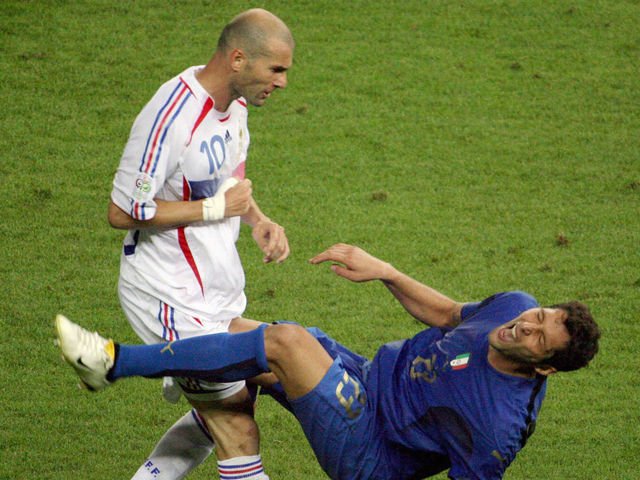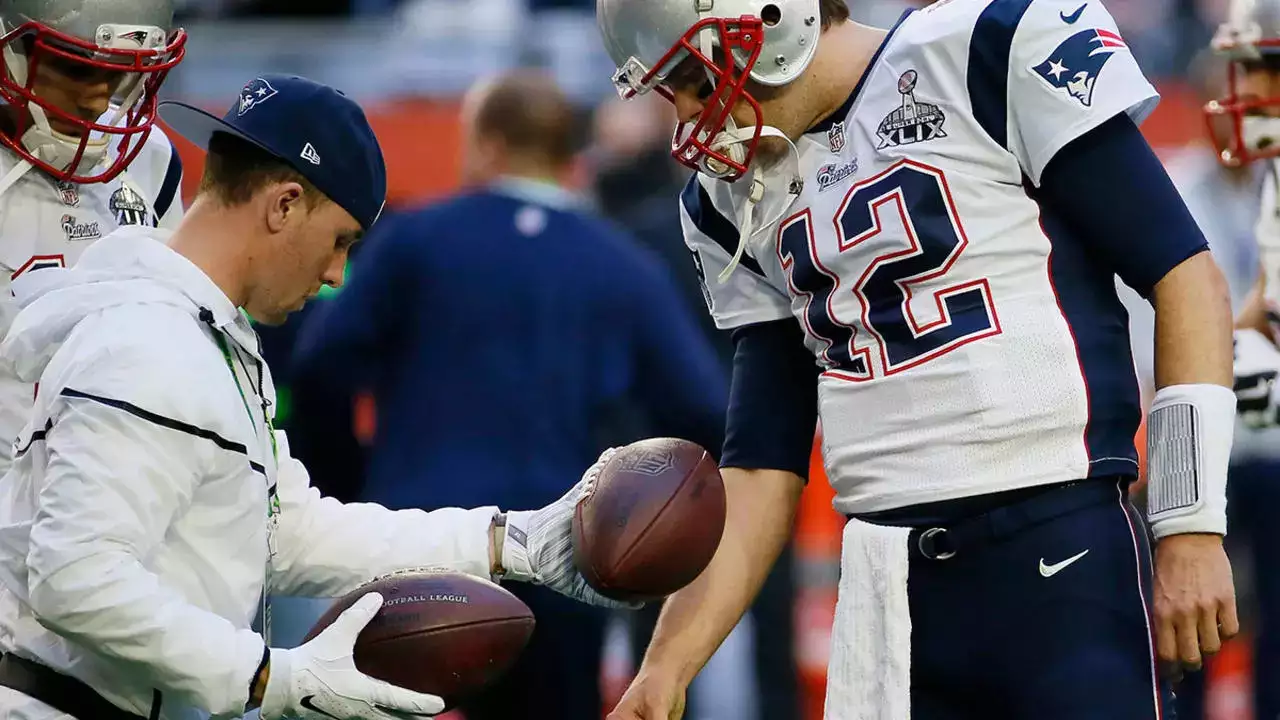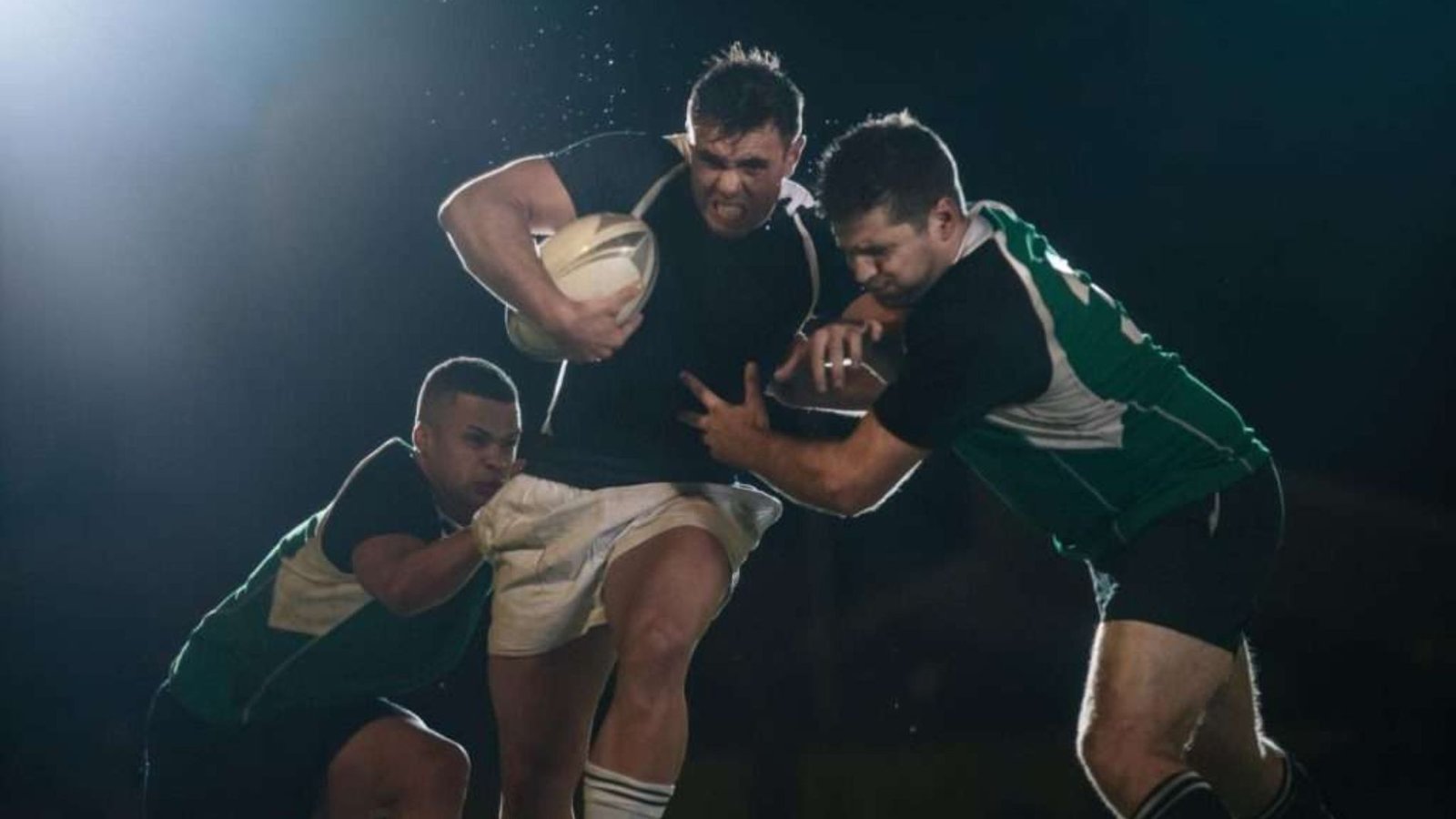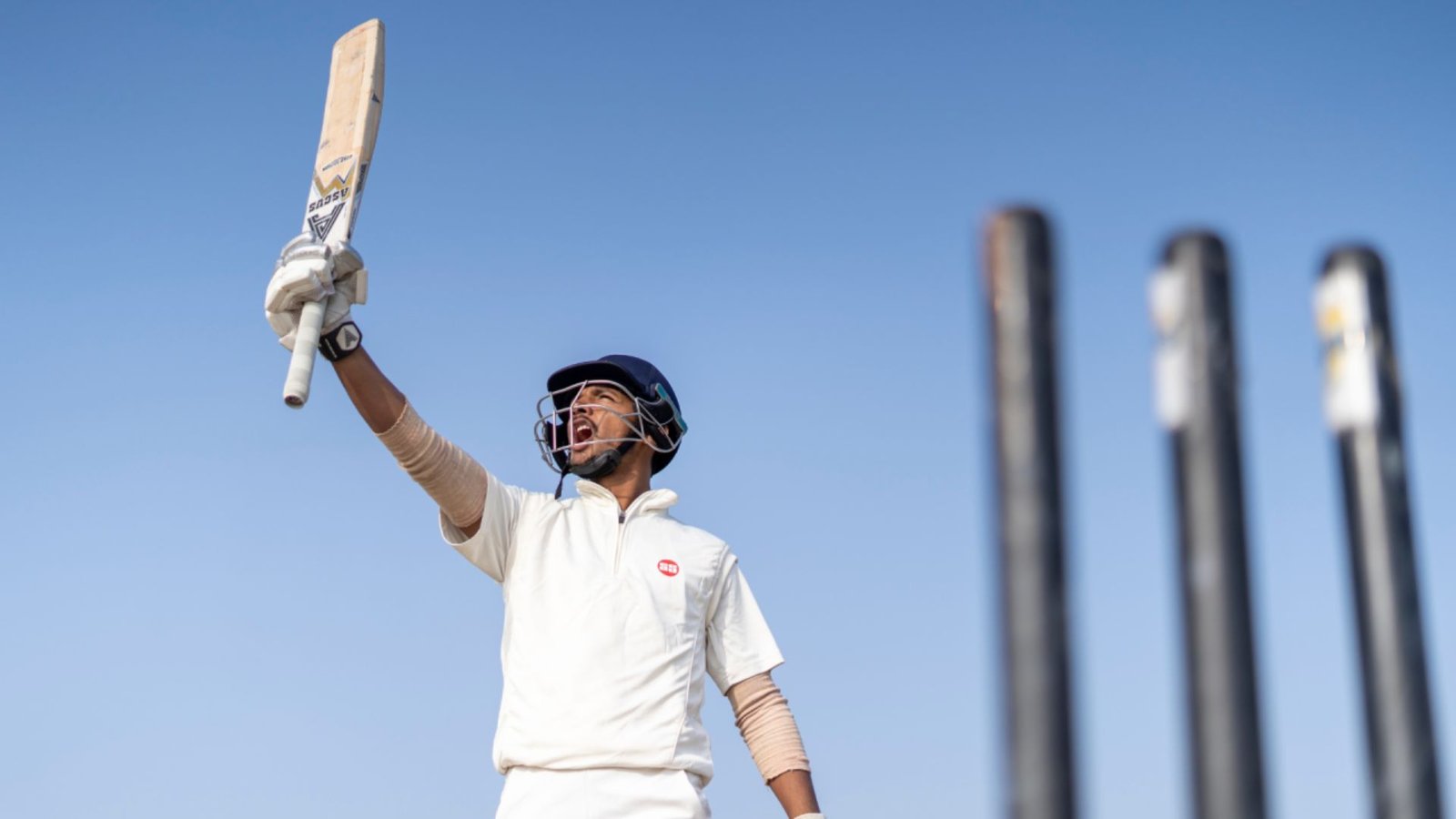Sports are meant to inspire and unite, but throughout history, certain moments have stirred up controversy, leading to heated debates, changes in policies, and divided fan bases. These events, ranging from scandals to on-field incidents, have left a lasting impact on the sports world, often becoming part of the culture and history of the games we love. Here’s a look at some of the most controversial moments in sports history.
1. The 1919 Black Sox Scandal (Baseball)
One of the darkest moments in baseball history occurred in the 1919 World Series, when eight players from the Chicago White Sox were accused of conspiring with gamblers to intentionally lose the championship. The scandal rocked the baseball world, leading to the players being banned from the sport for life, including legendary player “Shoeless” Joe Jackson, despite his innocence in many opinions. The scandal resulted in a loss of public trust in baseball, leading to the appointment of the first commissioner of baseball, Kenesaw Mountain Landis, who implemented stricter measures to prevent future corruption.
Impact:
- The scandal led to a major shift in the way the sport was governed and cleaned up.
- It forever tarnished the reputation of the White Sox and its banned players, with debates about Jackson’s innocence continuing to this day.
- It also highlighted the growing influence of gambling on sports, leading to more stringent policies and regulations.
2. The “Hand of God” Goal (Soccer)
During the 1986 FIFA World Cup quarterfinal between Argentina and England, Diego Maradona’s infamous “Hand of God” goal left fans in shock and anger. Maradona used his hand to punch the ball into the net, but the referee, unaware of the infraction, allowed the goal to stand. Maradona later claimed the goal was scored “a little with the head of Maradona and a little with the hand of God,” leading to widespread debate about fairness and integrity in the game. Despite the controversy, Maradona went on to score another stunning goal, cementing his legacy in World Cup history.

Impact:
- The incident highlighted issues around officiating and the need for technology, leading to debates on video assistant referee (VAR) technology, which wasn’t in place at the time.
- Maradona’s reputation was forever marked by this controversial moment, despite his brilliance in the tournament.
- It sparked a global conversation on fair play and the use of technology in football.
3. The Malice at the Palace (Basketball)
The 2004 NBA brawl between players from the Detroit Pistons and fans in the stands became one of the most infamous moments in sports history. The incident began when a hard foul by Pistons’ Ben Wallace on Indiana Pacers’ Ron Artest (now known as Metta World Peace) escalated into a full-scale altercation. Artest charged into the stands, leading to a fight between players and spectators. Several players were suspended, and the incident severely damaged the NBA’s image, leading to changes in player conduct policies and security measures at games.
Impact:
- The brawl led to an increased focus on player conduct and the relationship between athletes and fans.
- The NBA implemented new rules and strict penalties for fighting, aiming to prevent future incidents.
- It also raised questions about the culture of violence in sports and the role of fan behavior.
4. Lance Armstrong’s Doping Scandal (Cycling)
Lance Armstrong, once a symbol of perseverance and strength after overcoming cancer to win seven Tour de France titles, was exposed as a cheater when investigations revealed he had been using performance-enhancing drugs throughout his career. Armstrong was stripped of his titles and banned from competitive cycling, but the scandal was far-reaching. It shattered the myth of Armstrong’s “miraculous” success and damaged the credibility of professional cycling. Armstrong’s admission of guilt in a 2013 interview with Oprah Winfrey further fueled the controversy.
Impact:
- Armstrong’s fall from grace highlighted the rampant use of performance-enhancing drugs in professional sports.
- The scandal raised ethical questions about fairness in competition and the lengths athletes are willing to go for success.
- It also led to sweeping changes in drug testing procedures and stricter enforcement of anti-doping regulations in cycling and other sports.
5. The Deflategate Scandal (American Football)
In 2015, the New England Patriots and their star quarterback Tom Brady were embroiled in the “Deflategate” controversy. The scandal stemmed from accusations that the Patriots intentionally deflated footballs during the AFC Championship Game, giving them an unfair advantage in the cold weather. After an investigation, the NFL concluded that Brady was “generally aware” of the scheme, leading to his four-game suspension. The Patriots were fined, and several team employees were penalized.
Impact:
- The scandal sparked debates about cheating, sportsmanship, and the integrity of the game.
- It led to increased scrutiny over equipment rules and player conduct.
- Tom Brady’s suspension became a major talking point, with some fans arguing he was unfairly punished, while others felt justice had been served.
6. The 2002 Winter Olympics Figure Skating Scandal (Ice Skating)
The 2002 Winter Olympics in Salt Lake City became infamous for a figure skating scandal that saw Russian skater Elena Berezhnaya and Anton Sikharulidze awarded gold medals in pairs skating despite controversial judging decisions. Many believed the gold was unfairly awarded after judges were accused of collusion to benefit the Russian team. The scandal led to widespread protests, and the International Olympic Committee (IOC) awarded a second set of gold medals to the Canadian team, Jamie Salé and David Pelletier.
Impact:
- The incident prompted the IOC to reform its judging procedures, ensuring more transparency in the scoring system.
- The scandal raised concerns about the influence of political and commercial interests on Olympic competitions.
- It also highlighted the need for a fairer, more consistent judging system in figure skating.
7. The Tuck Rule Game (American Football)
In the 2001 AFC Divisional Playoff game between the Oakland Raiders and the New England Patriots, a controversial call involving the “tuck rule” became one of the most debated moments in NFL history. Patriots quarterback Tom Brady appeared to fumble the ball, but the referee ruled it an incomplete pass due to the rule that stated if a quarterback’s arm was moving forward, it wasn’t a fumble. The decision allowed the Patriots to retain possession and eventually win the game in overtime, sparking outrage among Raiders fans.
Impact:
- The “Tuck Rule” was widely criticized for being overly technical and inconsistent, leading to its eventual abolishment in 2013.
- It fueled debates about the role of referees in determining the outcomes of games.
- The rule’s controversial application remains a sore point for Raiders fans, and it contributed to discussions about fairness and consistency in officiating.
8. The 1972 Munich Olympics Tragedy (Olympics)
The 1972 Summer Olympics in Munich were marked by one of the most tragic and controversial moments in sports history. Palestinian terrorists from the group Black September took 11 Israeli athletes hostage and killed them during the games. The attack shocked the world and led to changes in how Olympic security was handled in future events. The tragedy overshadowed the games and forever changed the perception of safety and security at international sporting events.
Impact:
- The Munich massacre brought attention to the vulnerability of major international events to terrorism.
- It led to increased security measures at the Olympics and other global sporting events.
- The event continues to be remembered as a symbol of the intersection of politics and sports, and the profound impact of tragedy on global competitions.
Conclusion
Controversial moments in sports have often led to major changes in the way games are played, regulated, and perceived. From scandals involving cheating to tragedies that altered the landscape of global competitions, these incidents continue to shape the sports world. They remind us that sports, while meant to entertain and inspire, are also influenced by human nature, politics, and the larger societal context in which they exist. As we move forward, these moments will remain etched in the history of sports, serving as lessons and catalysts for change.











